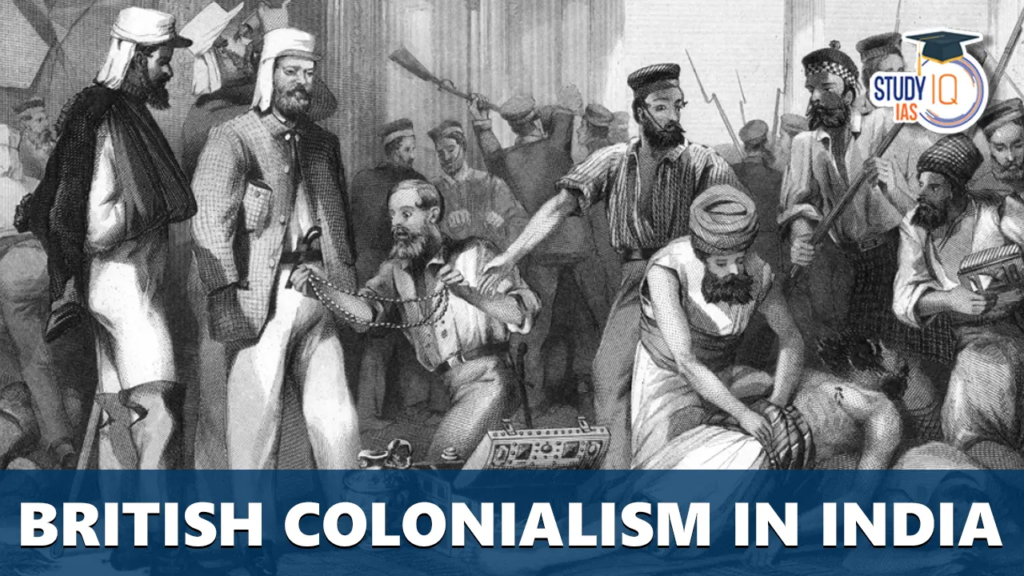India a historic country, The history of India spans thousands of years and is mark by a rich tapestry of cultures, religions, and civilizations. From the ancient Indus Valley civilization to the modern republic of India. But the Indian subcontinent has been home to a diverse array of peoples, empires, and traditions. In this comprehensive overview, we will explore the key epochs and milestones that have shaped the history of India from its earliest beginnings to the present day.

1. Ancient Civilizations:
The history of India dates back to the dawn of civilization. But with evidence of human settlement dating back to the Paleolithic era. One of the world’s earliest urban civilizations. But the Indus Valley Civilization, flourished in present-day Pakistan and northwest India around 2500 BCE. Known for its advanced urban planning, sophisticated drainage systems, and intricate pottery. But the Indus Valley Civilization was a hub of trade and cultural exchange.

2. Vedic Period and Early Kingdoms:
The Vedic period, from around 1500 BCE to 500 BCE, saw the composition of the Vedas. But ancient sacred texts that laid the foundation of Hinduism. During this time, Indo-Aryan tribes migrated into the Indian subcontinent, settling in the fertile plains of the Ganges River. The Vedic people established early kingdoms known as mahajanapadas. But which eventually evolved into powerful dynasties such as the Maurya and Gupta Empires.

3. Maurya and Gupta Empires:
The Maurya Empire, founded by Chandragupta Maurya in the 4th century BCE, was one of the largest empires in ancient India, encompassing much of the Indian subcontinent. Under the rule of Emperor Ashoka. But the Maurya Empire reached its zenith, promoting Buddhism and establishing a vast network of roads and administrative reforms. The Gupta Empire, which flourished from the 4th to the 6th centuries CE. But is often referred to as the “Golden Age” of India, characterized by advancements in art, science, and philosophy.

4. Mediaeval Period and Islamic Rule:
The mediaeval period in India saw the rise of Islamic dynasties and the spread of Islam to the Indian subcontinent. The Delhi Sultanate, established in the 13th century, marked the beginning of Islamic rule in India, with successive dynasties such as the Mughals shaping the cultural and political landscape of the region. The Mughal Empire, founded by Babur in the 16th century, was known for its architectural marvels, including the Taj Mahal, and its promotion of Persian culture and art.

5. British Colonialism and Independence:
In the 18th and 19th centuries, India came under British colonial rule, known as the British Raj. but The struggle for independence from British rule gained momentum in the early 20th century, led by figures such as Mohandas Gandhi and Jawaharlal Nehru. But India gained independence from British rule in 1947, and the Indian subcontinent was partitioned into two separate dominions: India, with a Hindu majority, and Pakistan, with a Muslim majority.

6. Post-Independence Era:
After gaining independence, India adopted a democratic form of government, with Jawaharlal Nehru serving as the country’s first Prime Minister. But The early years of independence were marked by efforts to rebuild the nation and address social and economic challenges. But India underwent significant political and economic reforms in the subsequent decades, with periods of rapid growth and development interspersed with periods of political instability and social unrest.

7. Modern India:
Today, India is a vibrant and diverse nation, known for its cultural heritage, economic growth, and democratic governance. With a population of over 1.3 billion people, India is the world’s largest democracy and a major player on the global stage. But The country boasts a thriving economy, a burgeoning tech industry, and a rich cultural tapestry that encompasses diverse languages, religions, and traditions.

The history of India is a testament to the resilience, diversity, and ingenuity of its people. From ancient civilizations to modern nationhood, But India’s journey reflects the trials and triumphs of a nation striving to realise its full potential on the world stage. But As India continues to evolve and navigate the complexities of the modern world, its rich history and vibrant culture serve as a source of inspiration and strength for its people.










